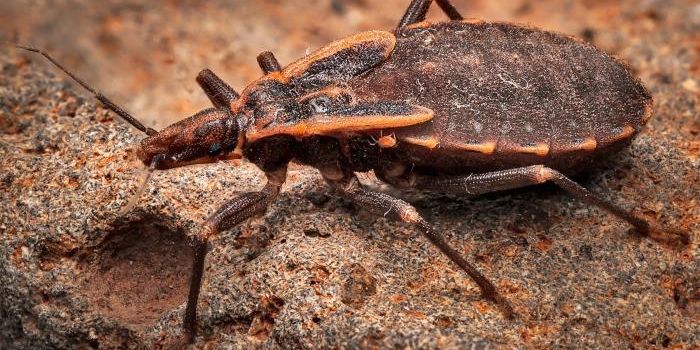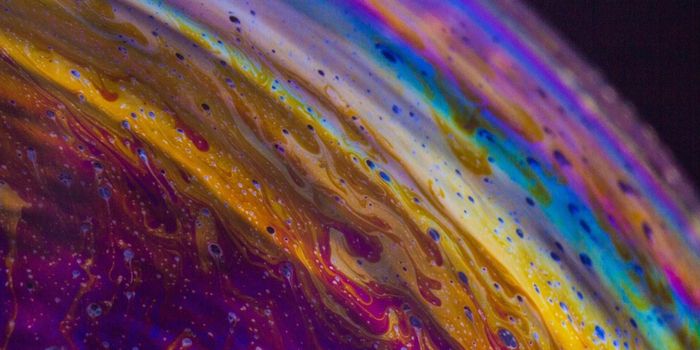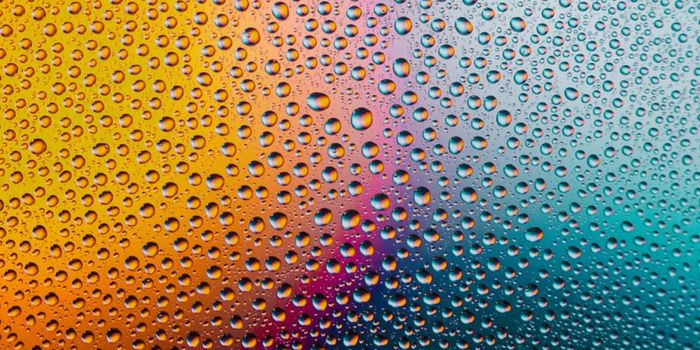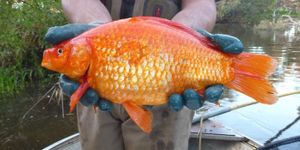Researchers from the University of Minnesota uncovered startling differences between the gut microbiomes of captive and wild primates. Notably, the gut microbiomes of captive nonhuman primates resembled those of humans eating a typical Western diet.
The Western diet is typically characterized as being high in fat, animal protein, and sugar. At the same time, it is low in plant and vegetable fiber. What’s more, this diet is linked with dysbiosis - a fancy word for microbial imbalance in the gut. Dysbiosis actually comes in three types: 1) the loss of beneficial microbes, 2) the expansion of potentially harmful microbes, or 3) an overall loss of microbial diversity.
Since captive nonhuman primates typically consume less dietary fiber, the researchers, led by study author Dan Knights, wanted to know what effect this had on their gut microbiomes.
The group studied two species of monkey - the red-shanked douc and the mantled howler monkey. First, they wanted to know whether captivity altered the primate microbiome. They sequenced the 16S rRNA gene from fecal samples from captive or wild doucs and howler monkeys. What they found was surprising. Although the microbiomes of the wild doucs and howler monkeys differed greatly, they became very similar when housed in captivity (regardless of where they were housed geographically).
Next, they wanted to know what type of dysbiosis they were dealing with. After performing some bioinformatics techniques (that I don’t understand), they found that microbial diversity decreased in the captive primates - species of Bacteroides and Prevotella became dominant. Interestingly, diversity decreased as the level of captivity increased - primates living under semi-wild conditions exhibited microbial diversity somewhere between wild and captive animals.
Finally, they showed that primate captivity parallels Westernization in humans. They sampled the microbiomes of humans from Westernized (the US) and non-Westernized regions (Malawi and Venezuela). What they found was strikingly similar to their nonhuman primate data - humans living in a modernized society, eating a Westernized diet, had less diverse microbiomes than humans living in non-Westernized regions. What’s more, just as in captive nonhuman primates, the microbiomes of Westernized humans consisted mostly of Bacteroides and Prevotella.
So, is this change in diversity bad for humans and nonhuman primates? According to Knights, “we don't know for certain that these new modern human microbes are bad, but on the other hand many studies are now showing that we evolved together with our resident microbes. If that is the case, then it is likely not beneficial to swap them out for a totally different set.”
Sources: PNAS,
Science Daily









